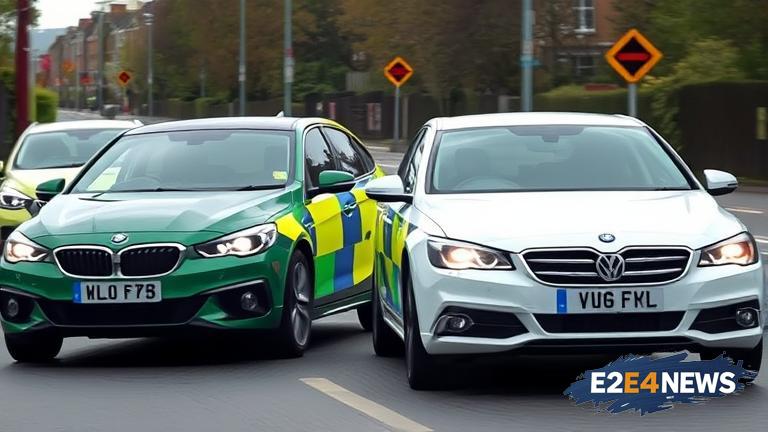The UK has a complex set of driving laws and regulations, with various offenses that can result in fines, penalty points, and even license suspension. According to recent data, the top 10 driving offenses in the UK include speeding, using a mobile phone while driving, and failing to wear a seatbelt. These offenses can have serious consequences, including accidents, injuries, and fatalities. The UK government has implemented various measures to reduce the number of driving offenses, including the use of speed cameras and increased police patrols. Despite these efforts, many drivers continue to engage in reckless behavior, putting themselves and others at risk. The most common driving offense in the UK is speeding, with thousands of drivers caught exceeding the speed limit every year. Using a mobile phone while driving is another common offense, with many drivers tempted to check their phones or send texts while behind the wheel. Failing to wear a seatbelt is also a serious offense, as it can increase the risk of injury or death in the event of an accident. Other common driving offenses in the UK include driving without insurance, driving without a license, and failing to stop at a red light. The penalties for these offenses can be severe, with fines ranging from £100 to £1,000 or more, depending on the severity of the offense. In addition to fines, drivers may also receive penalty points, which can lead to license suspension or even revocation. The UK government has also introduced a system of penalty points, which can be added to a driver’s license for certain offenses. If a driver accumulates 12 or more penalty points within a three-year period, they may face a driving ban. The UK’s driving laws and regulations are designed to protect all road users, including drivers, pedestrians, and cyclists. By understanding the most common driving offenses and their corresponding penalties, drivers can take steps to avoid these infractions and stay safe on the roads. Furthermore, the UK government is continually reviewing and updating its driving laws to ensure they remain effective and relevant. The use of technology, such as speed cameras and dash cams, is also becoming increasingly important in detecting and preventing driving offenses. Overall, the UK’s driving laws and regulations play a critical role in maintaining road safety and reducing the number of accidents and fatalities on the roads.
Tue. Oct 21st, 2025
